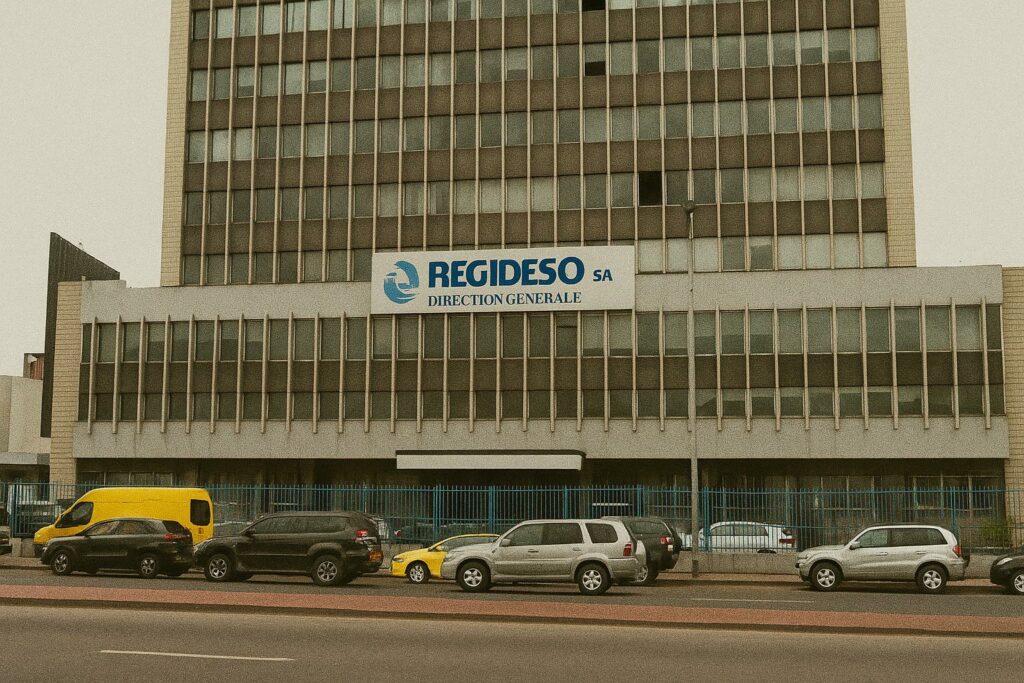Congo’s Water Crisis Unveiled
In the Democratic Republic of the Congo, the Regie de distribution d’eau, better known as Regideso, disclosed that it produced a staggering 336.284.849 cubic meters of water in 2024, drawing in revenues amounting to 464.8 billion Congolese francs, approximately 163 million US dollars. This announcement by the company’s director general, David Tshilumba, marked a pivotal moment in emphasizing the immense challenge of addressing the nation’s water supply dilemma amid rising demands and financial shortfalls.
Financial Woes Amidst Operational Challenges
The substantial revenue might be misleading as Regideso grapples with multifarious challenges including outdated infrastructure, inconsistent power supply, and increasingly costly operational expenses. Despite the considerable water output, many areas in the Democratic Republic of the Congo remain drastically underserved, raising profound questions about the efficacy of the current management and distribution strategies.
Governmental Expectations and International Aid
The Congolese government’s expectations loom large over Regideso, pushing for improved service delivery amidst rising population demands. International organizations and foreign donors have intermittently stepped in, offering much-needed resources and expertise, aiming to drive sustainable changes within the country’s water supply framework. The symbiotic relationship between local management skills and international input is crucial in addressing the systemic inefficiencies currently faced by Regideso.
Prospects for Regideso: A Path Forward
Future pathways for Regideso could potentially pivot on infrastructural investments and strategic partnerships, both domestically and internationally. Ensuring reliability in water supply demands an integrated approach that not only emphasizes technological advancement but also promotes transparent governance and resource management practices. As the country navigates its socio-economic challenges, bolstering the capabilities of Regideso remains imperative in securing not only water distribution but also public trust and developmental progress.

